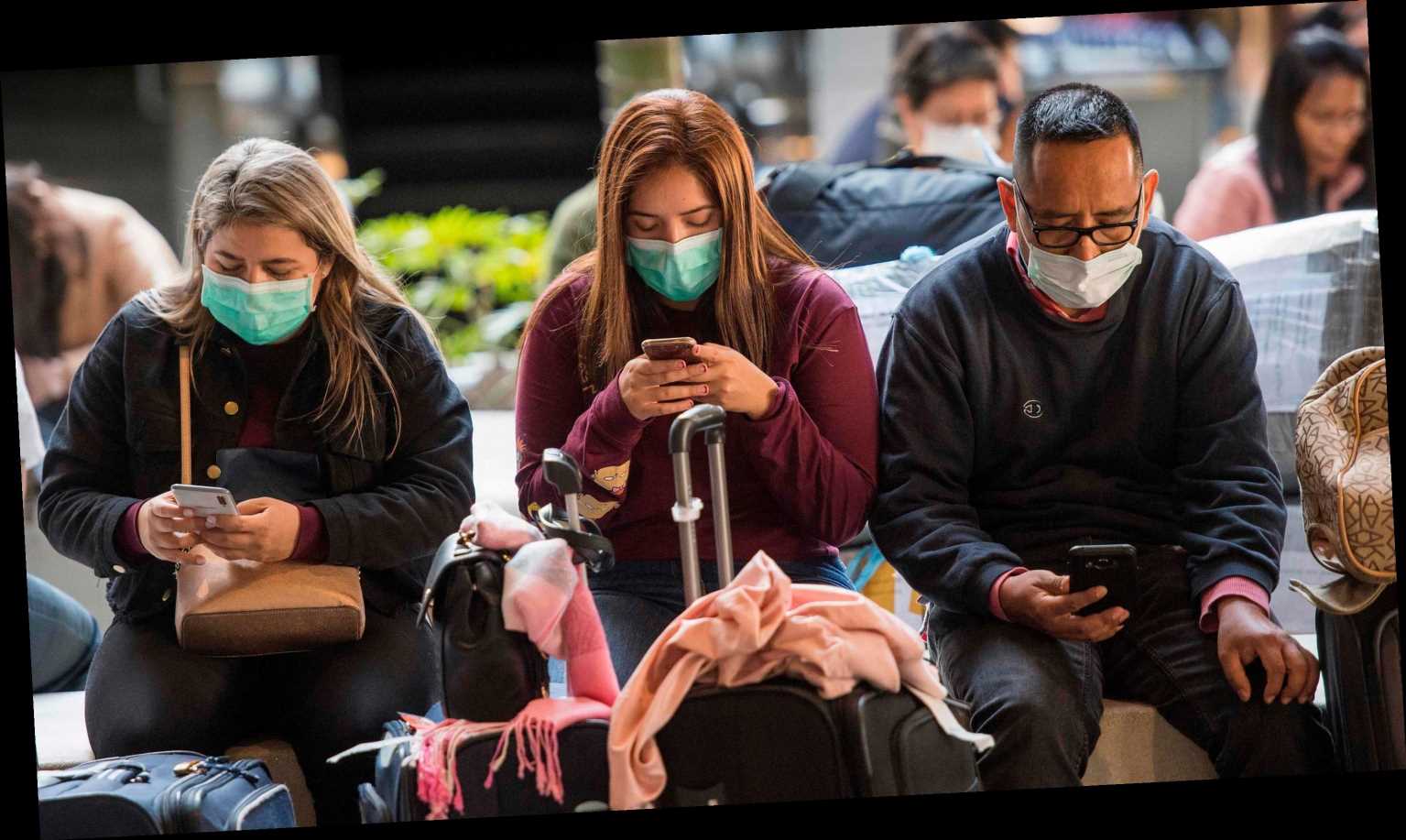SAN FRANCISCO — As the coronavirus continues to spread around the world, Russell Jeung follows each development with concern.
Jeung, chairman of Asian-American Studies at San Francisco State University, applauds the various measures undertaken to quell the virus by everyone from airlines to the World Health Organization.
But he also cautions that one unhelpful reaction to the China-originating virus — racist reactions towards the Chinese and sometimes anyone merely Asian-looking — just adds hatred to hysteria.
“If you look at social media and some of the news, it’s fear of the ‘Yellow Peril’ all over again,” says Jeung, referring to a term that gained traction after the Japanese bombed Pearl Harbor in 1941. “‘Coughing while Asian’ is like ‘driving while black,’ something you get stereotyped for.”
Although San Francisco’s Asian-American history dates back to the Gold Rush of the 1850s, Jeung says since the coronavirus scare hit U.S. shores he has seen non-Asians move away from Asian-Americans who are coughing or wearing masks. “The masks are there out of courtesy, but instead they’re viewed in other ways,” he says.
Passengers wear face masks to protect against the spread of the Coronavirus as they arrive on a flight from Asia at Los Angeles International Airport, Calif. on Jan. 29, 2020. (Photo: MARK RALSTON, AFP via Getty Images)
Often the reactions are more hurtful than mere shunning. Fear of the coronavirus around the world has so far led to everything from anti-Chinese signs at businesses to misrepresented videos.
South Korean restaurant owners have displayed “No Chinese allowed” signs and Japanese Twitter users made the hashtag #ChineseDontComeToJapan trend. In Singapore, more than 125,000 people have signed a petition urging the government to ban Chinese nationals from entering the city-state.
One social media post that has gone viral speculates on the source of the virus and features a 2016 video of Chinese vlogger Wang Mengyun eating a bat soup in Palau, a nation in Oceania.
Even the University of California, Berkeley, where the student population is about 34% Asian American, faced backlash for a since-deleted post on the coronavirus.
The post featured an infographic listing a range of expected reactions to the virus, including anxiety, worry and panic. But it noted that another common reaction could be “xenophobia: fears about interacting with those who might be from Asia and guilt about those feelings.”
UC Berkeley officials soon amended the infographic and apologized for “any misunderstanding.”
Source: Read Full Article

